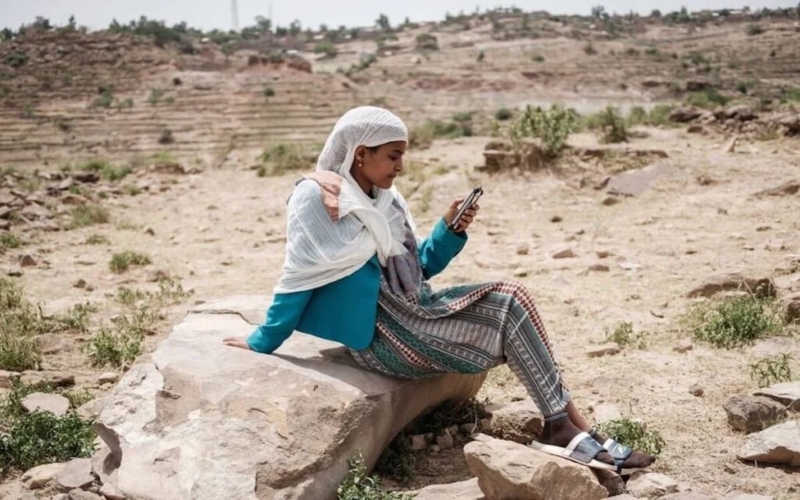Kenya’s economy can only absorb 250,000 graduates annually, Labour PS tells Senate

Labour PS Shadrack Mwadime told the Committee that Kenya’s economy is unable to absorb most of the country’s new graduates.
The Senate Committee on Labour and Social Welfare has highlighted serious concerns about unemployment among Kenyan youth, labour rights breaches, and the welfare of citizens working abroad.
Chaired by West Pokot Senator Julius Murgor, the Committee held in-depth discussions on Friday, November 21, 2025, examining ongoing government initiatives and emerging gaps in job creation, transparency in youth programmes, and compliance with labour laws.
More To Read
- Shrinking opportunities, growing skills gap: What youths say they need to thrive
- Ruto: NYOTA programme to empower 820,000 youth in five years
- Government blames failed drug tests for delays in Kazi Majuu placements
- NYOTA warns youth against fake app ahead of development skills training in 25 counties
- New Bill proposes 80 per cent Kenyan workforce in foreign firms
- Study finds Kenya’s unpaid household labour worth Sh2.5 trillion annually
Labour PS Shadrack Mwadime told the Committee that Kenya’s economy is unable to absorb most of the country’s new graduates.
“Only 200,000-250,000 of the one million annual graduates are absorbed into the economy,” he said, stressing the urgent need for structured interventions.
The PS outlined a dual strategy to address the challenge, combining overseas job opportunities with domestic skills enhancement.
“We are expanding overseas job opportunities through bilateral agreements, 'Kazi Majuu' and improving local employability through sector-based skills reforms, 'Kazi on the Ground',” Mwadime said.
The Ministry is also seeking to grow jobs in the digital and hospitality sectors.
“The Ministry is exploring new job frontiers through the ‘Kazi Mtandaoni’ initiative to boost digital economy opportunities and safeguard workers in digital workspaces. We are also leveraging the ‘Kazi Baharini’ initiative, which emphasises Kenya’s strengths in hospitality and seafaring,” he added.
Senator Murgor raised questions about the readiness of Kenyans heading to Saudi Arabia for employment.
PS Mwadime explained the support provided through pre-departure training.
“Outbound domestic workers undergo mandatory two-week pre-departure training at the National Industrial Training Authority (NITA), supported by the International Labour Organisation (ILO),” he said, noting that this period was shortened from one month due to recruitment agency pressures and recommending broader Arabic instruction.
The Committee also assessed the World Bank-backed NYOTA programme, which targets 800,000 vulnerable youth with training, certification, and entrepreneurship support.
Senator Joe Nyutu expressed concern over fairness in the youth grants initiative, which received over a million applications for just 100,000 slots.
NYOTA Project Coordinator Melda Angir explained the merit-based multi-stage selection process, while senators requested stronger measures to prevent bias.
Members raised alarm over labour violations in companies such as Shivling Supermarkets in Kisii, where investigations revealed underpayment, excessive working hours, and unremitted statutory deductions.
KEMRI was also cited for mass layoffs and repeated refusal to provide information to the Ministry, prompting a decision to summon the organisation’s CEO for clarification.
Inspections at China Square in Kisumu confirmed compliance with labour laws, though the Committee called for ongoing monitoring.
Senators pledged to enforce stricter oversight and ensure accountability, emphasising that future hearings must include Cabinet Secretaries alongside Principal Secretaries to safeguard worker rights and strengthen policy implementation.
Top Stories Today










































